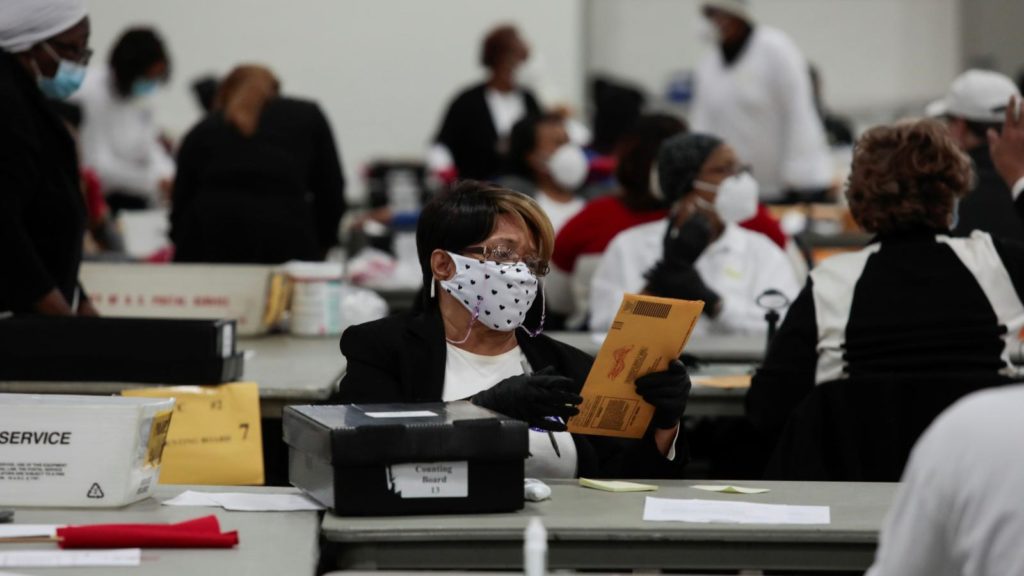
What on earth, or who on earth, are kith?
Merriam Webster’s website tells us this: Kith has had many meanings over the years. In its earliest uses it referred to knowledge of something, but that meaning died out in the 1400s. Another sense, “one’s native land,” had come and gone by the early 1500s. The sense “friends, fellow countrymen, or neighbors” developed before the 12th century and was sometimes used as a synonym of kinsfolk. That last sense got kith into hot water after people began using the word in the alliterative phrase “kith and kin.” Over the years, usage commentators have complained that kith means the same thing as kin, so “kith and kin” is redundant. Clearly, they have overlooked some other historical definitions, but if you want to avoid redundancy charges, be sure to include friends as well as relatives among your “kith and kin.”
We scientists hold objectivity, critical thinking, and evidence-based work in high regard, and tend to make much of our special gifts, abilities and self-discipline along these lines. But social psychologists – fellow members of our scientist tribe – tell us that most human beings are prone to a particularly pernicious form of cognitive bias, inflated self-assessments of their abilities in virtually every realm – intellect, physical prowess, etc. Scientists aren’t immune to such illusory superiority. We overrate our ability to be objective, the quality of our insights, our uniqueness.
What’s worse, “science” and “scientists” are words that divide our society. Most people know immediately whether they are scientists or are not, and thus whether they fall within some inner circle or not – and some outside that circle then start to see scientists as elitist, and exclusive by nature and intent. Resentment and distrust can and do start to build.
If you and I are honest with ourselves, we see some merit in that claim. By contrast, at least for the present, the word “realist” is far more inclusive (an important attribute in this era of DEI). Few of us regard ourselves as delusional. In fact, it takes effort on our part to brand ourselves as belonging to that small group, whereas membership in the “realist” crowd is conferred on almost all of us from birth, and rarely revoked thereafter.
[Hence the title choice for this blog, which celebrated its tenth anniversary back at the beginning of August. In setting things up in 2010, the thought was, and remains, that we’re all realists, we all “live in the real world” as the familiar saying goes; LOTRW simply acknowledges a reality that we’re pretty much confined to the Earth’s surface; we live on the real world as much as in it. But back to the main thread.]
On this quadrennial day of all days, when 320 million Americans and a watching world breathlessly await the last handful of yesterday’s election results, we should acknowledge, give a shout-out, say thanks, to one subgroup of our realist-kith:
Election boards, poll watchers, and vote-counters.
Here in this country, this group, numbering in the many tens, hundreds of thousands, has been and continues to be busily and objectively totaling up our votes. It’s early hours yet; we’re going to hear controversy in this arena as the days go on, but what a remarkably objective, high-minded group. We owe so much to their integrity, their endurance and persistence, and, yes, their skill. It’s a big step scaling up from counting on our fingers to counting in the millions without losing focus, while catching redundancies, seeing what’s missing, divining intent. The folks who do this, both paid and volunteer, senior and early career, men and women, whites and people of color, LGBTQ, etc., people of every background, both indigenous and of every national heritage, deserve our respect, admiration, and gratitude.
We’re blessed. In many countries around the world, despite the best efforts of election commissions, observers coming in from foreign NGO’s, etc. the same cannot be said. Corruption is rampant, and calling attention to it, let alone attempting to correct it, is dangerous. Let’s not take for granted what this group and this tradition and this legal and constitutional framework have given us.
More than 136 million votes counted so far. Realists all, of every flavor and persuasion, distilling knowledge and circumstances and trust and hope down to a single person or party. And each and every one counted, faithfully, dispassionately (or maybe not, but nonetheless fairly). Any evidence of outside hacking or tampering or intimidation confined to the fringes. Before it’s over, it may wind up in the hands of spectators and stakeholders who will litigate this or that. But the basic process of counting is robust.
For those from our geosciences tribe… all this is reminiscent of IPCC assessments – and the subsequent policymaker summaries and tweaks. It’s not that different in spirit, though much less hazardous and emotionally draining, than the healthcare culture, especially in this covid-19 era. The world is populated primarily by thousands, millions, of overlapping, reality-founded, evidence-based communities of every sort and description, all, in diverse ways, making the world a better place, and improving human prospects. As scientists we’re not doing anything that unusual; we are merely holding up our end. Let’s keep it up!
And once again, on this day, special thanks to all those doing the elections counts.

